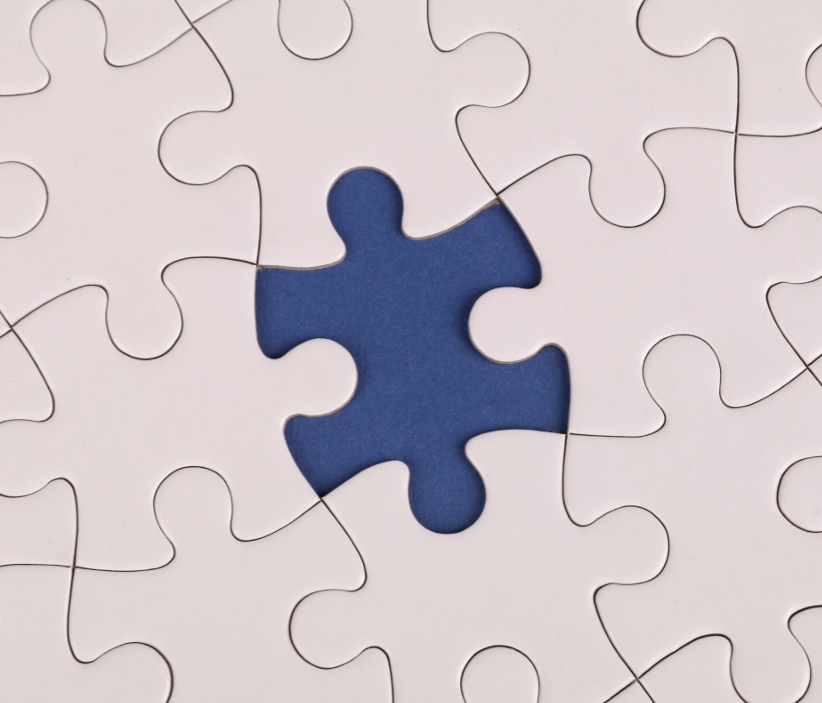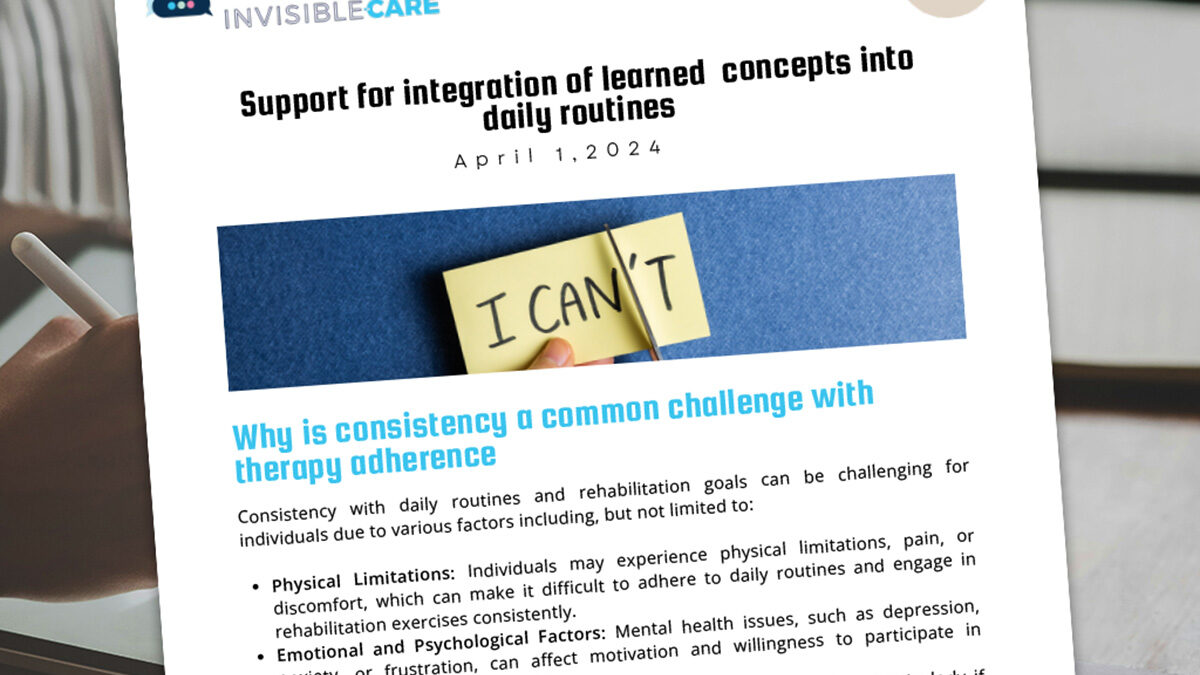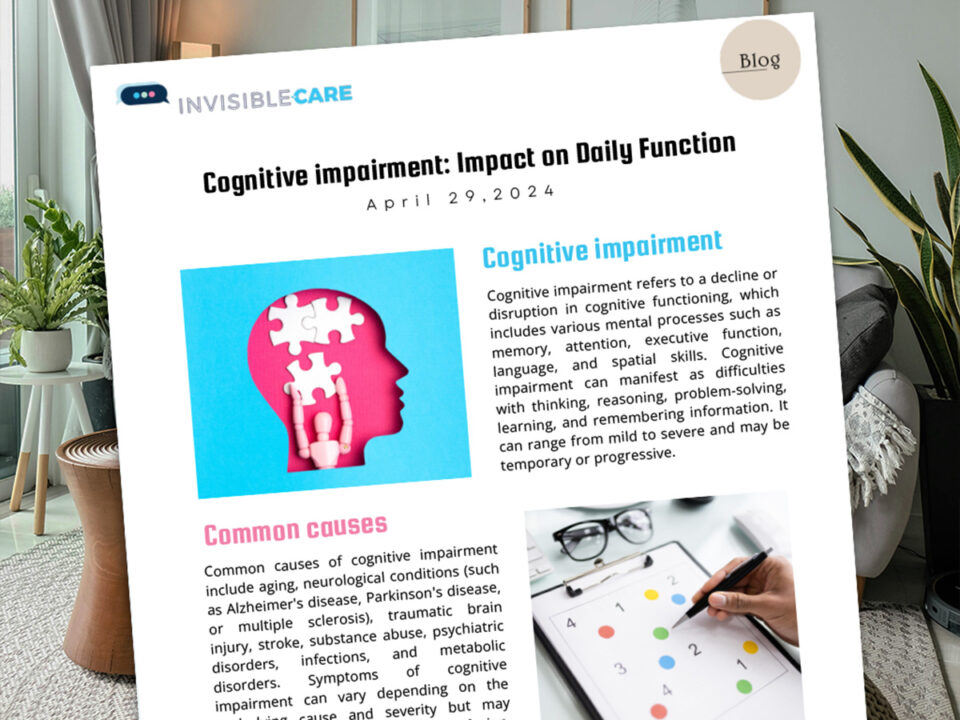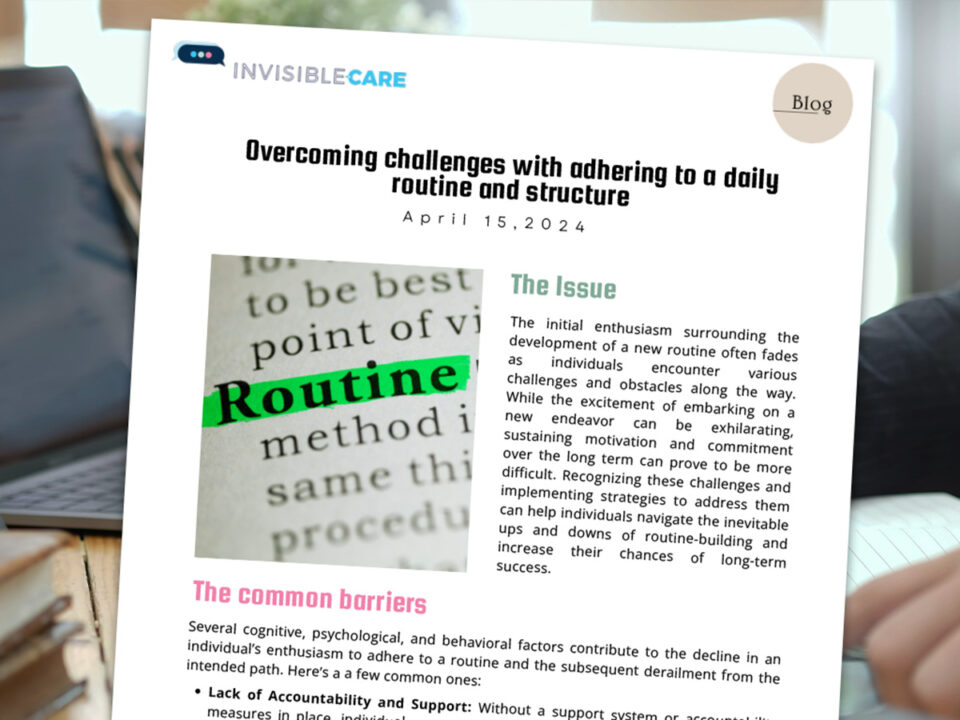
Digital rehabilitation: the present and the future
March 18, 2024
Overcoming challenges with adhering to a daily routine and structure
April 15, 2024
Why is consistency a common challenge with therapy adherence?
Consistency with daily routines and rehabilitation goals can be challenging for individuals due to various factors including, but not limited to:
- Physical Limitations: Individuals may experience physical limitations, pain, or discomfort, which can make it difficult to adhere to daily routines and engage in rehabilitation exercises consistently.
- Emotional and Psychological Factors: Mental health issues, such as depression, anxiety, or frustration, can affect motivation and willingness to participate in rehabilitation activities regularly.
- Lack of Motivation: Some individuals may struggle with motivation, particularly if they do not see immediate results from their efforts or if the rehabilitation process feels overwhelming or daunting.
- Complexity of Treatment Plans: Rehabilitation programs often involve multiple components, exercises, and strategies, which can be challenging to incorporate into daily routines, especially if they require significant time, effort, or coordination.
- Disruption of Daily Life: Illness or injury may disrupt individuals’ daily routines and responsibilities, such as work, family obligations, or social activities, making it difficult to prioritize rehabilitation activities.
- Cognitive Impairments: Individuals with cognitive impairments or memory difficulties may struggle to remember and follow through with rehabilitation instructions or routines consistently.
- Perceived Lack of Progress: If individuals do not perceive tangible improvements in their condition or functional abilities, they may become discouraged and less motivated to continue with rehabilitation efforts.
The Solution
Supporting an injured or ill individual with their daily routines and therapy goals adherence involves a holistic approach aimed at seamlessly incorporating rehabilitation concepts into their everyday activities. Additionally, fostering a supportive and empowering environment can enhance individuals’ motivation and commitment to their rehabilitation journey.

Collaboration with community providers
Invisible-Care collaborates with community treatment providers to offer personalized support, encouragement, and practical guidance to individuals to help bridge the gap between therapy goals and daily triumphs ultimately facilitating their recovery and functional independence. Under the direction of the treating therapist, here’s some effective measures we take to support this process:
- Understand Individual Needs: Start by understanding the individual’s specific condition, rehabilitation goals, and daily challenges. This insight will guide your support approach and help tailor interventions to their unique needs.
- Collaborative Goal Setting: Work together with the individual and their healthcare team to establish clear and achievable therapy goals. Ensure these goals align with their daily routines and overall lifestyle, making them more realistic and meaningful.
- Create Structured Routines: Collaborate with the individual to develop structured daily routines that incorporate rehabilitation activities seamlessly. Break down tasks into manageable steps and allocate specific times for therapy exercises, rest periods, and other activities.
- Use verbal/visual cues and prompts: Use remote cueing to reinforce rehabilitation concepts and techniques and prompt the individual to engage in therapy activities at designated times.
- Address Barriers and Challenges: Identify and address any barriers or challenges in real time that may hinder the integration of therapy concepts into daily routines. Collaborate with the individual and their health team to develop practical solutions and adaptations to overcome these obstacles.
- Encourage Self-Management: Empower the individual to take an active role in managing their rehabilitation and daily routines independently. Provide guidance on self-monitoring, problem-solving, and adapting therapy techniques as needed.
- Provide Positive Reinforcement: Acknowledge and celebrate the individual’s progress and achievements, no matter how small. Positive reinforcement boosts motivation and encourages continued compliance with therapy goals and routines.
- Regular Monitoring and Evaluation: Monitor the individual’s progress and adherence to therapy goals and routines. Regularly review and evaluate their performance, adjusting strategies and interventions as necessary to optimize outcomes.
- Immediate assistance: Providing support in real-time reinforces the learning process by allowing patients to apply newly acquired skills and receive immediate validation or correction. This reinforcement enhances retention and mastery of therapy concepts and encourages continued engagement in rehabilitation activities.

Summary
Overall, collaboration between rehabilitation providers and support workers/therapy assistants is essential for ensuring the successful translation of therapy insights into real-world scenarios. By working together, these professionals can maximize the effectiveness of therapy interventions, empower individuals to achieve their goals, and promote positive outcomes in rehabilitation.





